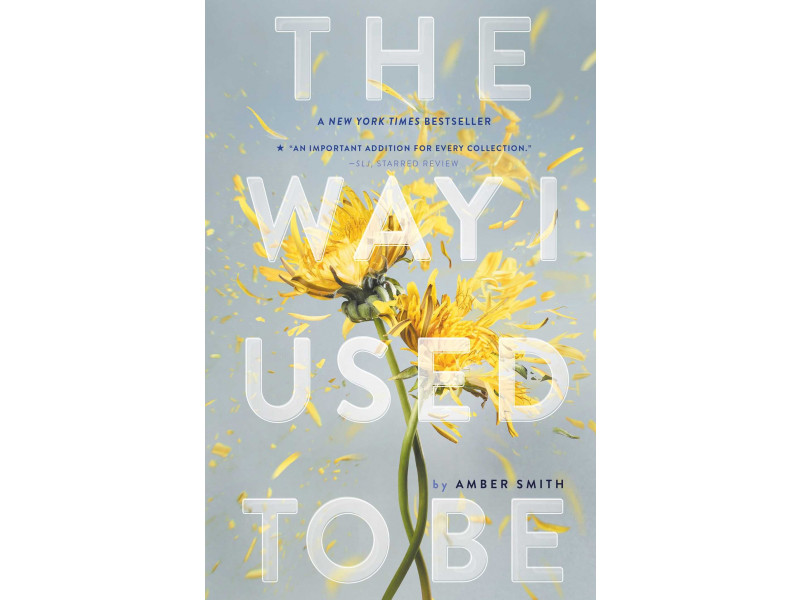

In this weakness, we cannot be the people God intends for us to be. This creates an interesting paradox: food is intended to strengthen, nourish, and sustain but when we consume too much, we become weakened by it. For author Brian Ray Gross, that weakness is food. Even mythical warriors and superheroes have a weakness.

#The way i used to be series#
Search Terms: romantic suspense, mafia romance, alpha male romance, bad boy romance, alpha male, dark romance, captive romance, age difference, antihero romance, series romance, forbidden romanceĪll humans have weaknesses. She’s the hitman’s hostage and she’ll learn to love it. I promised to ransom her off, but once I have a taste of her sweet curves, I'm keeping her to myself. She's craving someone like me in her life, whether she knows it or not, and with every bratty outburst, a part of me calls out to discipline her. Even before I took her hostage, she'd somehow managed to work her way into my blood, and my heart hammers harder in my chest every time she stares daggers in my direction.
#The way i used to be skin#
Delaney has gotten under my skin and she knows it. But every time I look at those sassy lips, I wanna put them to good use. Delaney’s going to make me a wealthy man, once her parents pay to get their precious angel back. I've struggled to survive, and I have the scars to prove it. She's a pampered rich girl, thinking she can get anything she wants, whenever she wants. Delaney Underwood is sexy as hell, with a killer body, wicked smile, and a spoiled rotten demeanor. She needs to behave, or I’ll be forced to punish her. The contributors to the volume encompass a wide range of disciplinary backgrounds including anthropology, sociology, ethnic studies, women=s studies, political science, and Asian American studies. Racing Research, Researching Race begins to fill this gap by infusing critical race studies with more empirical work and suggesting how a critical race perspective might improve research methodologies and outcomes. Critical work in race studies has not adequately addressed how racial positions in the field-as inflected by nationality, gender, and age-generate numerous methodological dilemmas.

Racing Race, Researching Race is the first volume of its kind to explore how ideologies of race and racism intersect with nationality and gender to shape the research experience. A black American researcher is repeatedly assumed by many Brazilian subjects to be a domestic servant or sex worker. But it also demonstrates one young woman’s strength as she navigates the disappointment and unbearable pains of adolescence, of first love and first heartbreak, of friendships broken and rebuilt, all while learning to embrace the power of survival she never knew she had hidden within her heart.Ī white woman studies upper-class eighth grade girls at her alma mater on Long Island and finds a culture founded on misinformation about its own racial and class identity. Told in four parts-freshman, sophomore, junior, and senior year-this provocative debut reveals the deep cuts of trauma. Nothing makes sense anymore, and she knows she’s supposed to tell someone what happened but she can’t. What she thought she knew to be true, is now lies. What Eden once loved-who she once loved-she now hates. But the night her brother’s best friend rapes her, Eden’s world capsizes. Starting high school didn’t change who she was. In the tradition of Speak, this extraordinary debut novel “is a poignant book that realistically looks at the lasting effects of trauma on love, relationships, and life” (School Library Journal, starred review).


 0 kommentar(er)
0 kommentar(er)
